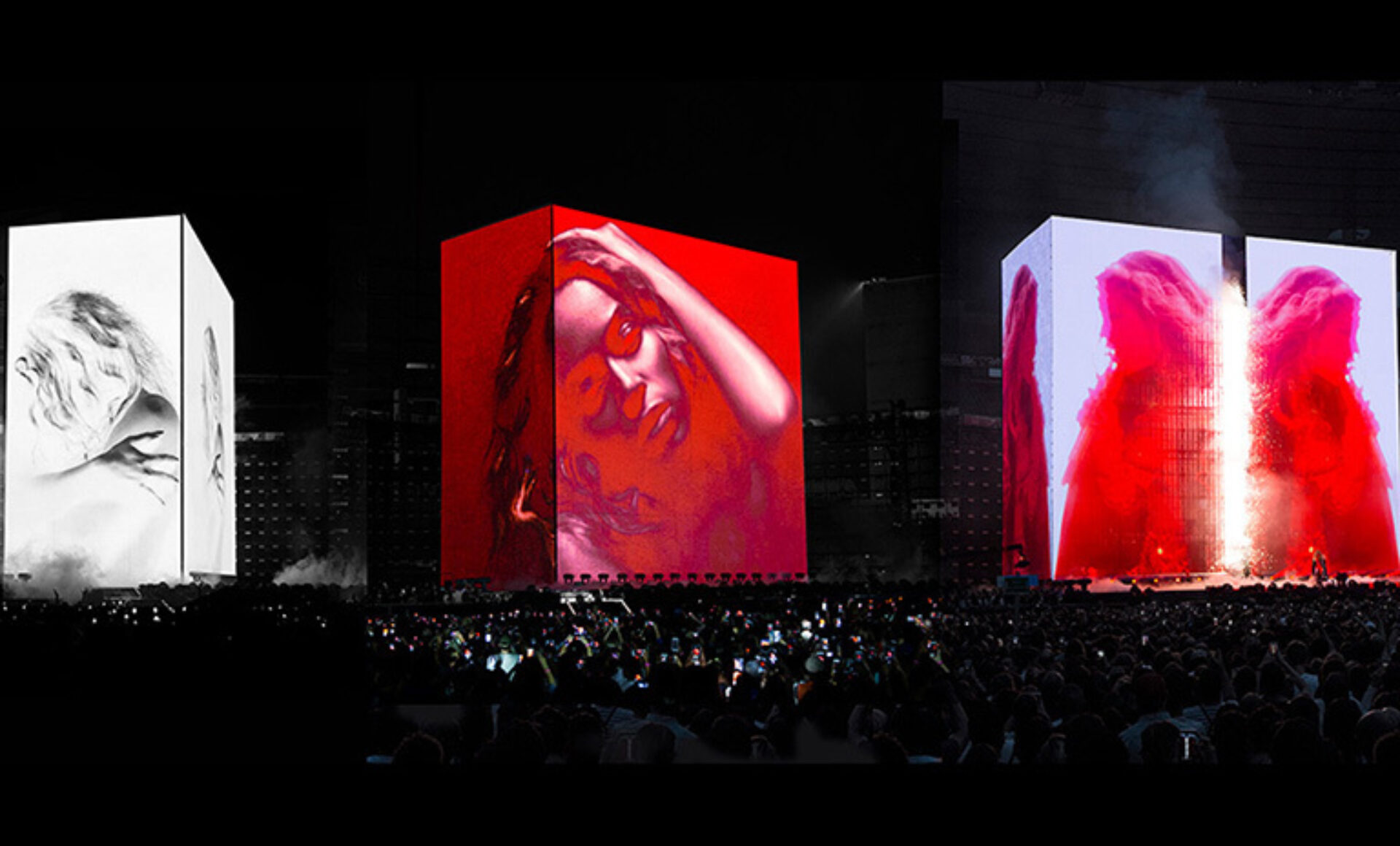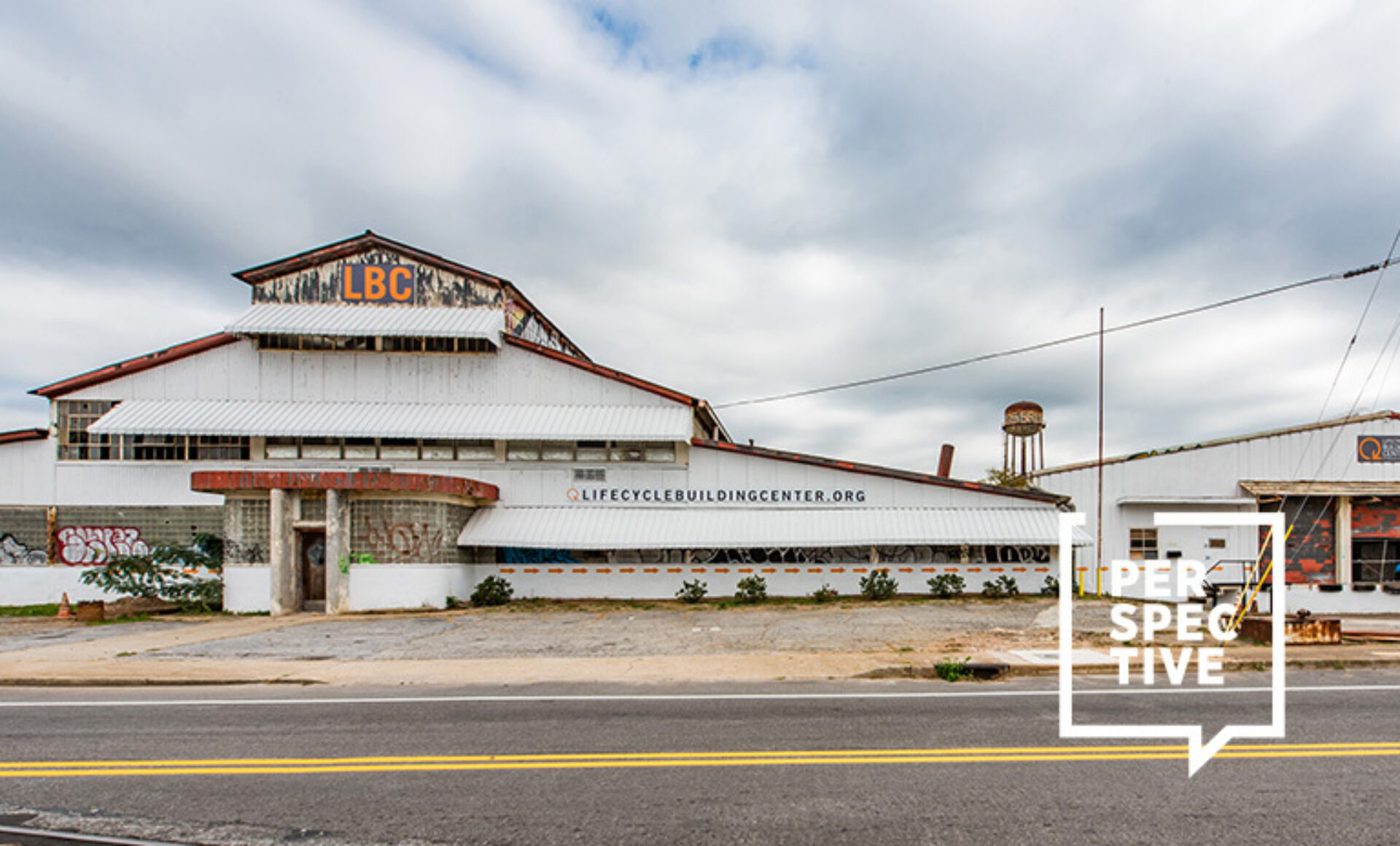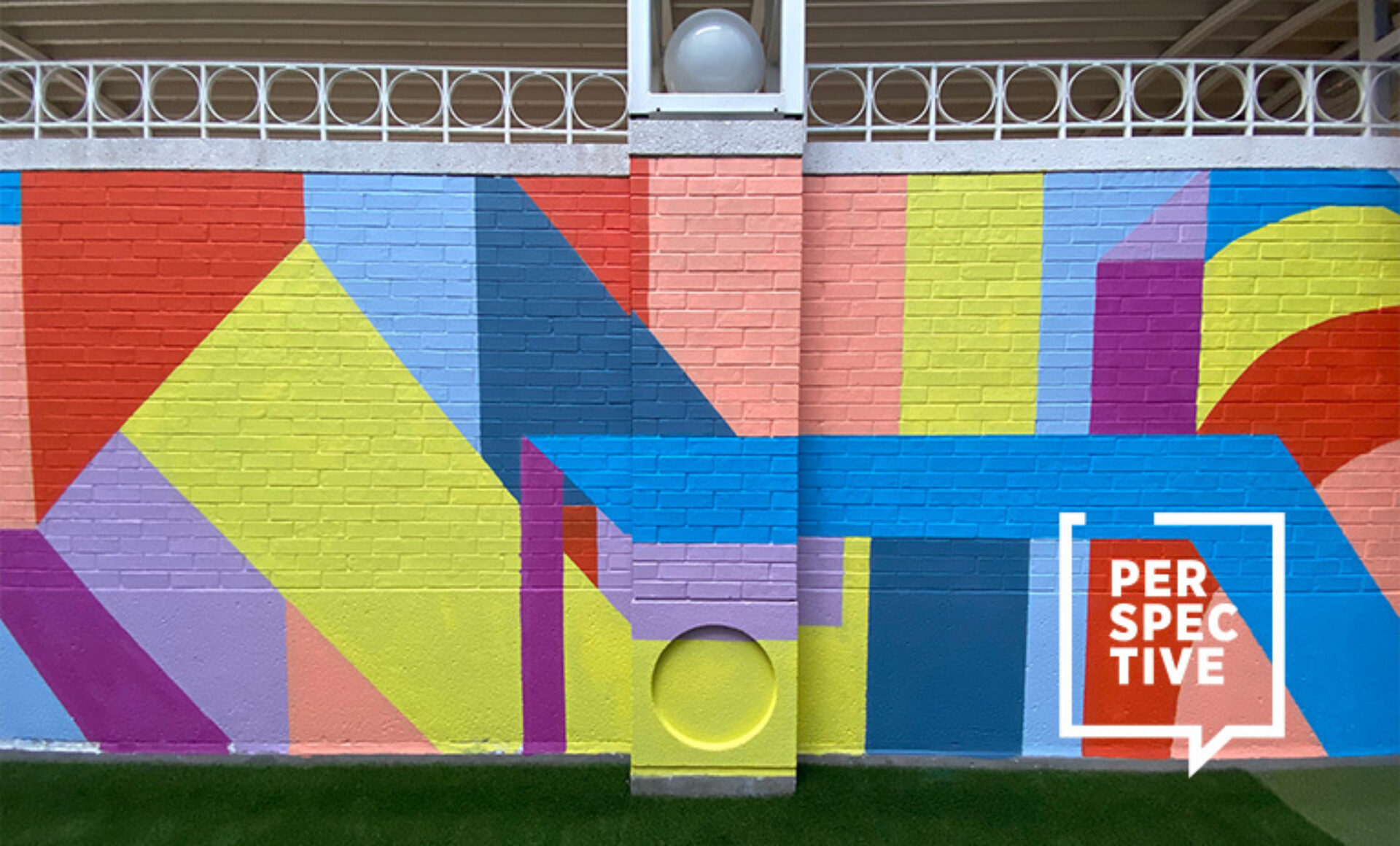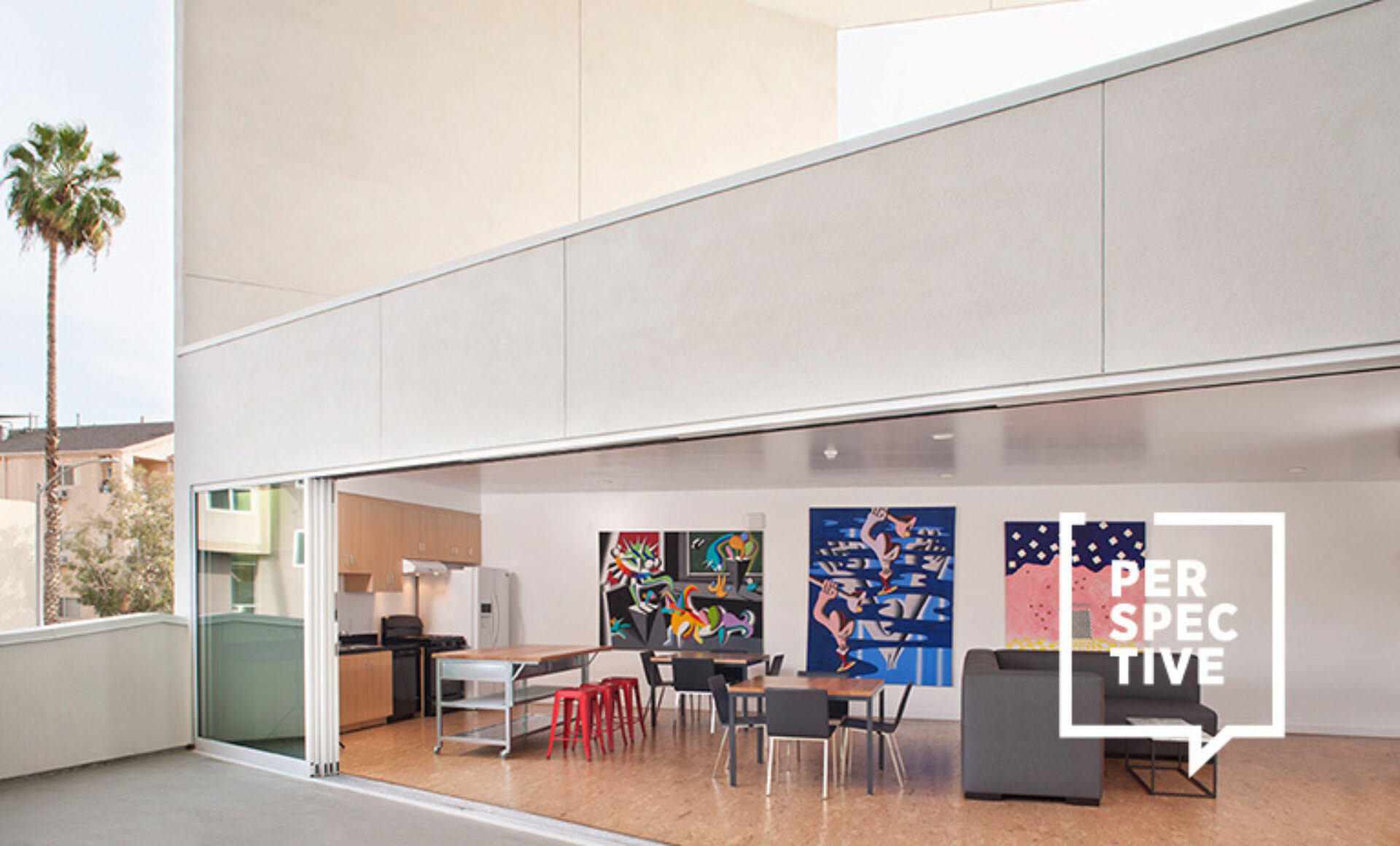(Above: Atari Hotel courtesy of GSD Group)
No shocker here: The hotel industry is struggling in the wake of the pandemic. Continued COVID-19 lockdowns have kept people at home—and left those hitting the road deeply concerned about health risks. To pull in more customers, designers are responding with high-tech innovations aimed at keeping visitors safe, and buzz-worthy features meant to entice even the most wary of travelers.
With the hotel industry not expected to rebound from pandemic-related losses until 2023, according to S&P Global Ratings, the power of design cannot be overlooked.
“The role of interior design has become fundamental to the recovery of guest confidence in hotels, from altered wayfinding and space planning to material selection and tech-enabled guest interactions,” says Kate Mooney, founder and principal, Occa Design Studio, Glasgow, Scotland. The focus for hotel design post-pandemic is all about guest well-being and confidence, she says.
Swiss manufacturer Geberit, for example, is helping designers reimagine hotel bathrooms with touch-free flush plates and toilets tricked out with user recognition.
The current landscape leaves designers solving problems across a multitude of areas. One prime focus: ensuring flexibility, says Cristina Villalón, co-founder, lead interior designer, and managing principal of Álvarez-Díaz & Villalón, San Juan, Puerto Rico.
Among the changes she and her team have been making: amping up internet capabilities and providing more outlets and USB ports in common areas, and offering flexible arrangements and multiple table options. At the same time, her firm is also incorporating plenty of natural light, biophilic elements, and natural plants to improve air quality and overall feeling of well-being.


Safety—and Joy
Building confidence and promoting well-being will go a long way in pulling people back in, but designers also realize it’s a prime time to create multi-sensory experiences meant to spark joy, and maybe even foment a little FOMO. An LED virtual waterfall by interdisciplinary art collective teamLab is drawing in guests at W Hotel Chengdu, for example.
Spotting an opportunity to use the booming gaming industry to battle the COVID-induced global hospitality slump, GSD Group and Gensler teamed up to create Atari Hotels (lead image). Launching in Phoenix, and then slated for rollout across the United States, the slick hotel concept will offer guests a completely new hospitality experience “inspired by, and built with, classic and modern video game culture in mind.” The space will feature retro-style gaming arcades, themed restaurants and bars, and guest rooms modeled after great science fiction stories—all “blurring the lines between the nostalgic era and contemporary ever-evolving digital worlds.” Tom Ito, global hospitality director at Gensler, promises “a completely new kind of immersive experience.”
Yet while the industry’s pandemic pivot sounds good in theory, will hotels actually see a payoff? Research by two Nigerian scholars suggests yes. They reported that updating hotel interiors in one Nigerian city reduced maintenance costs, made guests more likely to spend more, and increased the level of patronage.
“Investing in hotel interior design is proven to deliver a positive ROI and increase brand loyalty,” Mooney says.
Fast-forwarding to a future sans COVID, expect even more tech-fueled innovations. Augmented reality and virtual reality will start to play a significant role in the vision and creation of hospitality spaces, she predicts.
And Villalón sees next-level agility. “Designers will be able to experiment in creating different, flexible, comfortable, aesthetically appealing interiors for the world to enjoy. Tech is what will permit this newfound flexibility."







